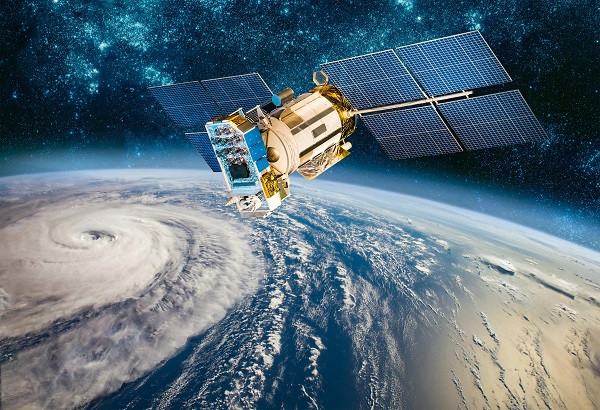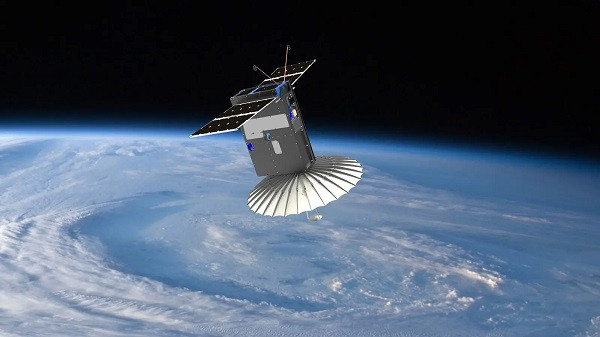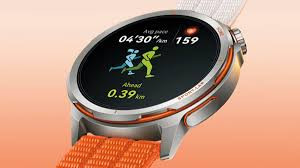Rocket Lab Successfully Deploys Shoebox-Sized Satellites for NASA's Storm Tracking Tropics Mission

IIE Digital Desk : Rocket Lab, a leading aerospace company, achieved another milestone as it successfully deployed two shoebox-sized satellites for NASA's Storm Tracking Tropics mission. The launch marked a significant advancement in enhancing NASA's capabilities to track and monitor storms and tropical weather patterns. Rocket Lab's efficient and precise deployment of these small satellites showcases the growing potential of miniaturized technology in space exploration.
The two shoebox-sized satellites, developed specifically for NASA's Storm Tracking Tropics mission, were launched into orbit by Rocket Lab's Electron rocket. These compact satellites, equipped with advanced sensors and instruments, will play a vital role in collecting critical data related to storms and tropical weather systems. The information gathered by these satellites will aid meteorologists and scientists in improving storm prediction models and enhancing our understanding of tropical weather dynamics.
Rocket Lab's successful deployment of the shoebox-sized satellites demonstrates the company's expertise in delivering payloads to precise orbital positions. Their Electron rocket, specifically designed for small satellite launches, has become a preferred choice for numerous missions due to its reliability and flexibility.
The small size of these satellites offers several advantages, including cost-effectiveness, increased deployment opportunities, and the ability to gather data from multiple points simultaneously. These factors make shoebox-sized satellites an ideal solution for monitoring dynamic weather systems like storms and tropical disturbances.

NASA's Storm Tracking Tropics mission aims to advance our understanding of tropical weather patterns and improve storm forecasting capabilities. The deployment of these shoebox-sized satellites by Rocket Lab represents a significant step forward in achieving these objectives. The satellites' compact design enables them to be strategically positioned in areas of interest, providing real-time data and enhancing the accuracy of storm predictions.
The partnership between Rocket Lab and NASA highlights the collaborative efforts in advancing space exploration and improving our understanding of Earth's weather systems. By leveraging miniaturized satellite technology, scientists and researchers can access valuable data that contributes to better storm tracking, disaster preparedness, and mitigation efforts.
As the shoebox-sized satellites begin their mission, anticipation grows for the wealth of data they will provide. The insights gathered by these compact yet powerful satellites have the potential to revolutionize storm tracking capabilities, benefiting meteorological agencies, emergency responders, and communities at risk from severe weather events.
Rocket Lab's successful launch and deployment of two shoebox-sized satellites for NASA's Storm Tracking Tropics mission signify a significant advancement in storm tracking capabilities. These compact satellites offer a cost-effective and efficient means of gathering critical data on storms and tropical weather patterns. With their deployment, Rocket Lab and NASA continue to push the boundaries of miniaturized technology and its applications in space exploration, ultimately improving our ability to predict and respond to severe weather events.
You might also like!

























